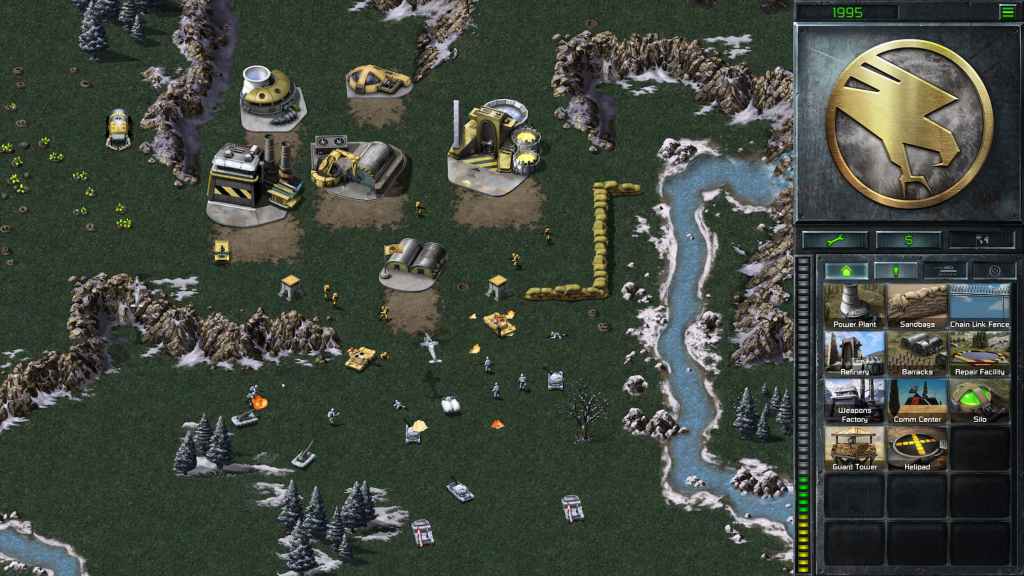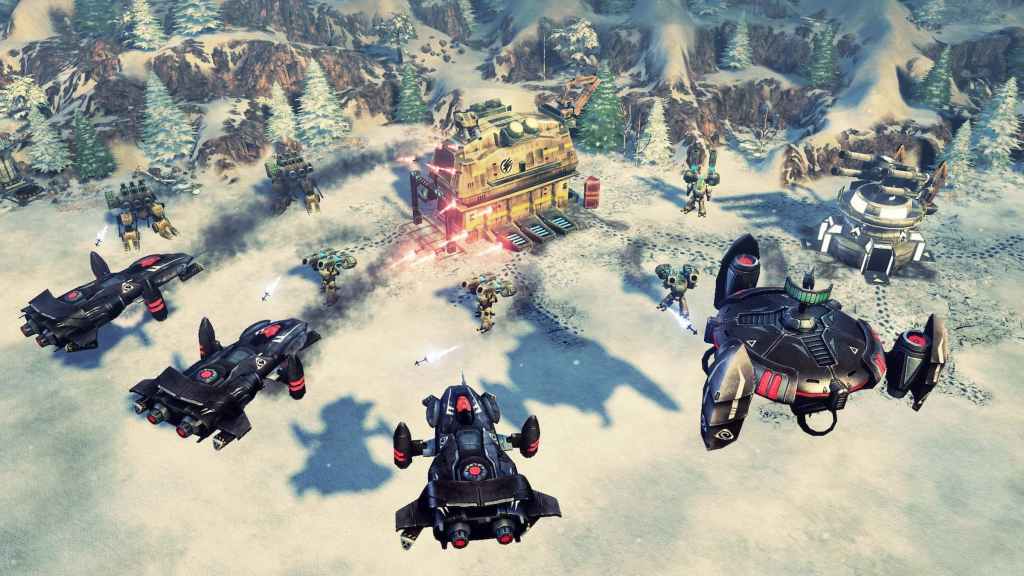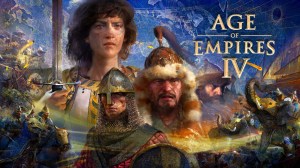The early 1990s were a golden age for real-time strategy. The genre’s foundations had been laid by titles like Herzog Zwei, Populous, and Eye of the Beholder, but it wouldn’t be until Dune II: Building of a Dynasty that the genre would become mainstream. Developers continued to build upon this foundation while experimenting with bold new ideas like base-building, resource management, and large-scale battles. These ideas would shape the genre into one that took over PC gaming for a decade, and saw the beginning of a new series that mixed the thrill of tactics and creative usage of resources.
Videos by ComicBook.com
Command & Conquer stood out among other real-time strategy franchises as something truly special. Its blend of cinematic storytelling and addictive gameplay had me hooked from the very first mission. Over time, it carved out a loyal fanbase thanks to its influence on the genre. Yet, despite its success, the series has seemingly been abandoned, leaving fans desperate for a new entry.
Command & Conquer’s Groundbreaking Legacy Shaped the RTS Genre

Command & Conquer arrived on the scene in 1995 and redefined the RTS genre. Westwood Studios created the perfect balance between base construction, resource gathering, and engaging combat. Many other RTS games had these elements, but what made Command & Conquer stand out was how it wrapped all this up in a compelling narrative. Live-action cutscenes starring professional actors brought the story to life, a major departure from the generic missions of other games before it. For the first time, an RTS game felt more like commanding forces in a living, breathing conflict.
The franchise continued to evolve throughout the late 90s and early 2000s. New factions, memorable characters, and increasingly complex mechanics were added. Spin-off games like Command & Conquer: Red Alert injected fun alternate histories, while Command & Conquer: Tiberian Sun and Command & Conquer: Generals pushed the series in darker, more experimental directions. Each new release continued to prove the series was among the best in the genre.
However, RTS games began to fade in popularity as other genres took off. Publishers began looking toward safer bets, ones that could secure more profit. Command & Conquer was one such franchise that found itself in a precarious position as it was about to be left behind in favor of others.
EA Mishandled Command & Conquer

The decline of Command & Conquer can be traced directly to EA. After it acquired Westwood Studios in 1998, EA pushed for faster development cycles and greater commercial appeal. This decision led to many titles feeling rushed, unfinished, or betraying the core identity of the series. Even as some titles found success, the creative spark of the early games began to fade, and so too did fans’ loyalty.
EA’s influence was seen in several titles, but one game in particular cemented the series decline. Command & Conquer 4: Tiberian Twilight abandoned key RTS elements like base building and traditional resource management. Instead, it forced players to use the Crawler, a mobile base that limits not only strategy, but the number of units and options you have. This one decision was so against everything the series was about, and fans hated it.
The attempted revival in 2010, free-to-play Command & Conquer, and mobile spin-off weren’t received much better. Even the remastered collection in 2020 failed to impress fans. These all felt like half-heartened attempts to save the series or nostalgic cash grabs. EA seemed unwilling or unable to give the franchise what it needed, and so it has been left for dead since then.
Why Command & Conquer Still Matters Today

Despite years of neglect, Command & Conquer remains one of the most important and influential franchises in RTS history. Fans took matters into their own hands as seen with Tempest Rising. Developer Slipgate Ironworks’ spiritual successor aimed to recapture the spark of Command & Conquer and was largely successful. The series influence is clear to see in Tempest Rising and shows what a new entry in the series could look like.
The RTS genre is nowhere near as popular as it once was, but it still has its place. Age of Empires II: Definitive Edition, Total War: Warhammer III, and Dune: Spice Wars show how successful these games can be. Even in a gaming landscape dominated by live-service shooters and sprawling open-world adventures these games can still carve out a market.
If EA decides to show interest in reviving the series, a new Command & Conquer could be a major part of making RTS games mainstream again. Looking back at the series’ innovations, sharp mechanics, and unforgettable style could see the rise of a modern masterpiece. Sadly, EA seems far more interested in other series, likely meaning this RTS gem will continue to collect dust.
What do you think? Leave a comment below and join the conversation now in the ComicBook Forum!









